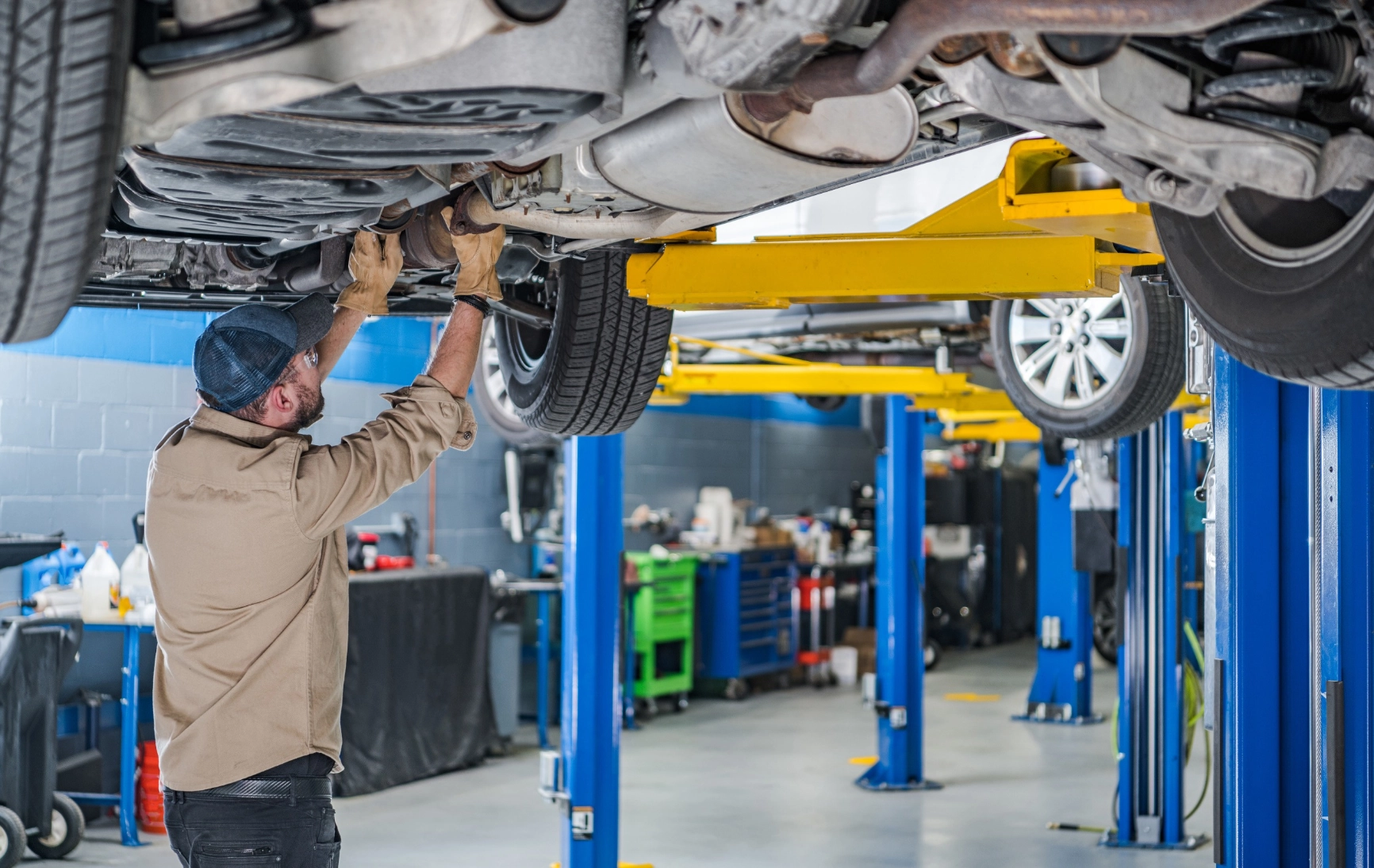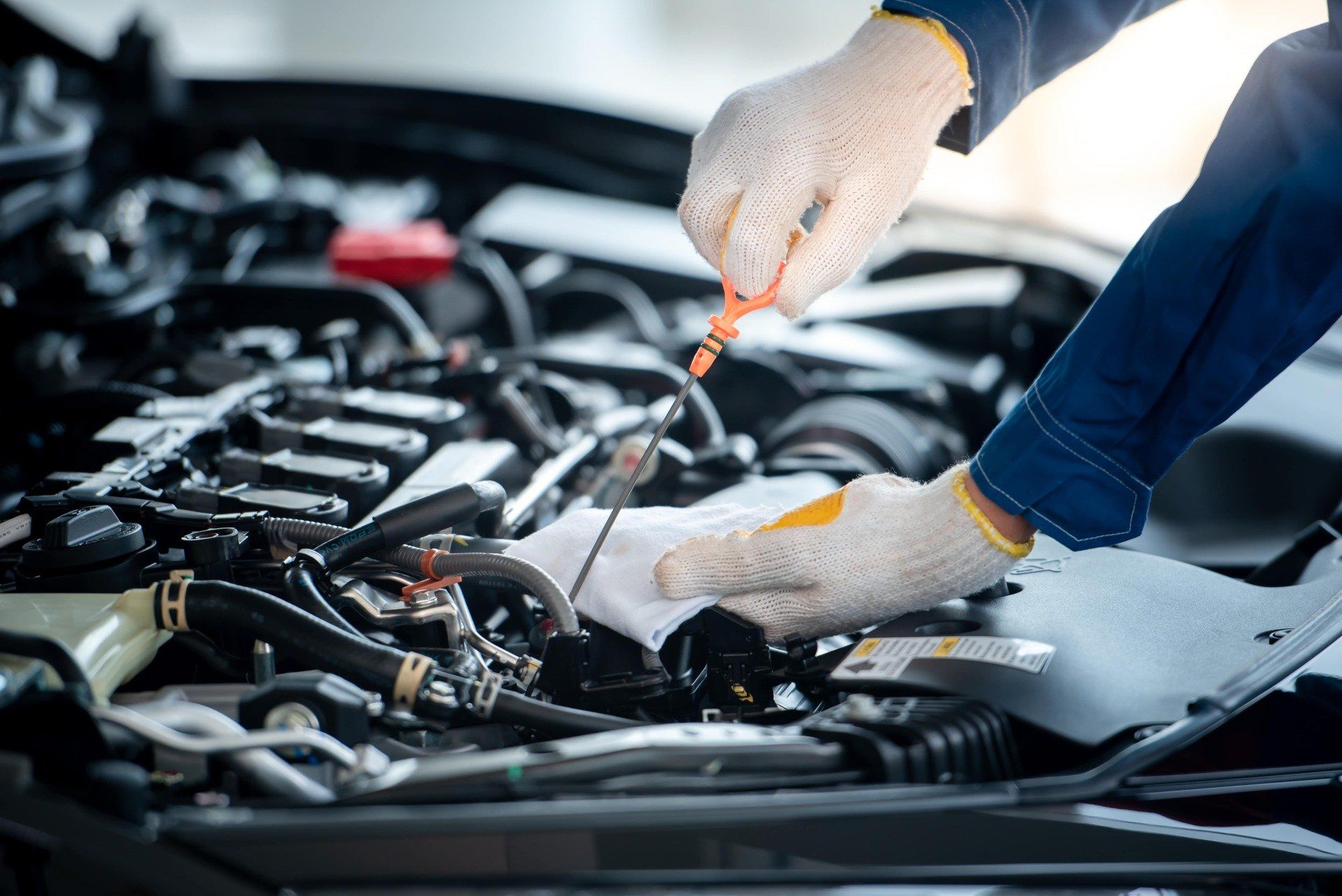All Categories
Featured

When it comes to car upkeep, the brakes are probably the most essential system for ensuring your security. Regular brake inspections are crucial to maintaining your stopping system in top problem.
- Why Brake Assessments Are Important. Brakes are made to put on down with time, yet without regular inspections, you may not discover when they end up being much less efficient. A defective brake system can lead to major mishaps, boosted fixing expenses, and also the requirement to replace various other automobile elements.
Brake examinations not just aid you catch possible issues prior to they rise, yet they likewise permit for far better stopping performance, raised car life-span, and improved safety and security.
- Identifying Indication for Brake Troubles. While regular evaluations are important, you do not need to wait up until your vehicle's next browse through to the mechanic. See for these caution indicators that may show it's time for an assessment:
Unusual Noises: A high-pitched screech or grinding audio when using the brakes usually indicates that the brake pads are worn down or damaged. Soft or Squishy Brake Pedal: If the brake pedal really feels soft or spongy when pressed, there may be air or dampness in the brake lines, or the brake liquid may be low. Drawing to One Side: If the automobile draws to one side while braking, it can show unequal brake pad wear or a hydraulic problem in the brake system. Resonance in the Guiding Wheel or Pedal: If you experience resonance or pulsation when stopping, it may suggest distorted blades or unequal brake pad wear. Boosted Quiting Distance: If it takes longer than usual to bring your automobile to a stop, it may be time to examine the brake pads, liquid levels, or blades. If you discover any of these indicators, it's ideal to have your brakes examined quickly by a specialist.
- Secret Elements Checked Throughout a Brake Examination. Throughout a brake inspection, a licensed auto mechanic will certainly take a look at several key parts of the brake system to guarantee they're operating appropriately. Some of the most integral parts to check include:
Brake Pads: These are the rubbing material that presses versus the brake blades to reduce the automobile. Gradually, the brake pads put on down and need changing. Brake Rotors: Blades are the metal discs that the brake pads secure down on. They ought to be smooth and totally free of deep grooves or cracks. Brake Liquid: The brake liquid transfers the pressure from the pedal to the brakes. Reduced liquid levels or old, polluted liquid can cause inadequate braking performance. Brake Lines: Brake lines bring fluid from the master cylinder to the brake elements. They must be looked for leakages, fractures, or damage. Brake Calipers: These secure the brake pads onto the blades. They should remain in good functioning order and totally free of leaks. Consistently checking these components guarantees your stopping system functions smoothly and aids you stay clear of hazardous driving circumstances.
- How Frequently Should You Obtain Your Brakes Evaluated? The regularity of brake evaluations depends on your driving practices and the type of car you have. As a basic standard, it's recommended to evaluate your brakes at least when a year or every 12,000 miles. If you drive in heavy website traffic, often bring heavy tons, or drive on uneven surface, even more frequent evaluations may be required.
It's likewise a great idea to have your brakes examined if you observe any one of the indication stated earlier, as this can avoid a lot more significant issues.
- The Cost of Overlooking Brake Inspections. Disregarding normal brake examinations can result in severe consequences. Worn brake pads, harmed blades, or low brake liquid can create your stopping system to fall short when you require it most. Along with the security threats, ignoring brake maintenance can lead to expensive repair services down the roadway.
For example, if the brake pads are not replaced in time, the damages might include the rotors, bring about the need for blades substitute-- a costly repair service. By organizing routine brake evaluations, you can avoid these costly fixings and maintain your stopping system in good problem for longer.

- What Takes place During a Brake Evaluation? A professional technician will do a comprehensive inspection of your car's braking system, consisting of looking for the following:
Brake Pad Thickness: Brake pads need to be changed when they have worn down to a particular density. Blades Condition: The technician will check the rotors for signs of wear, bending, or scoring. Brake Liquid Level: Low brake fluid can influence braking efficiency. The mechanic will examine the liquid level and replenish it if essential. Brake Line Stability: The brake lines will certainly be checked for any type of leakages or cracks that might compromise the brake system. Once the inspection is total, the mechanic will notify you of any essential repairs or substitutes.
Conclusion: Stay Safe with Normal Brake Inspections. Your brakes are important to maintaining you and your passengers safe when driving, so normal brake assessments ought to never ever be neglected. By taking notice of warning indications, scheduling regular brake checks, and attending to issues without delay, you can guarantee that your brakes are constantly in top form.
Don't wait until your brakes fail-- remain positive concerning brake maintenance. A small financial investment in brake examinations today can conserve you from costly repairs and unsafe scenarios in the future.
Latest Posts
Advantages of Opting for a Full Roofing System Tear-Off
Enhancing Your Home with Washington Fence
Radiator Repair and Service Today! at MO
